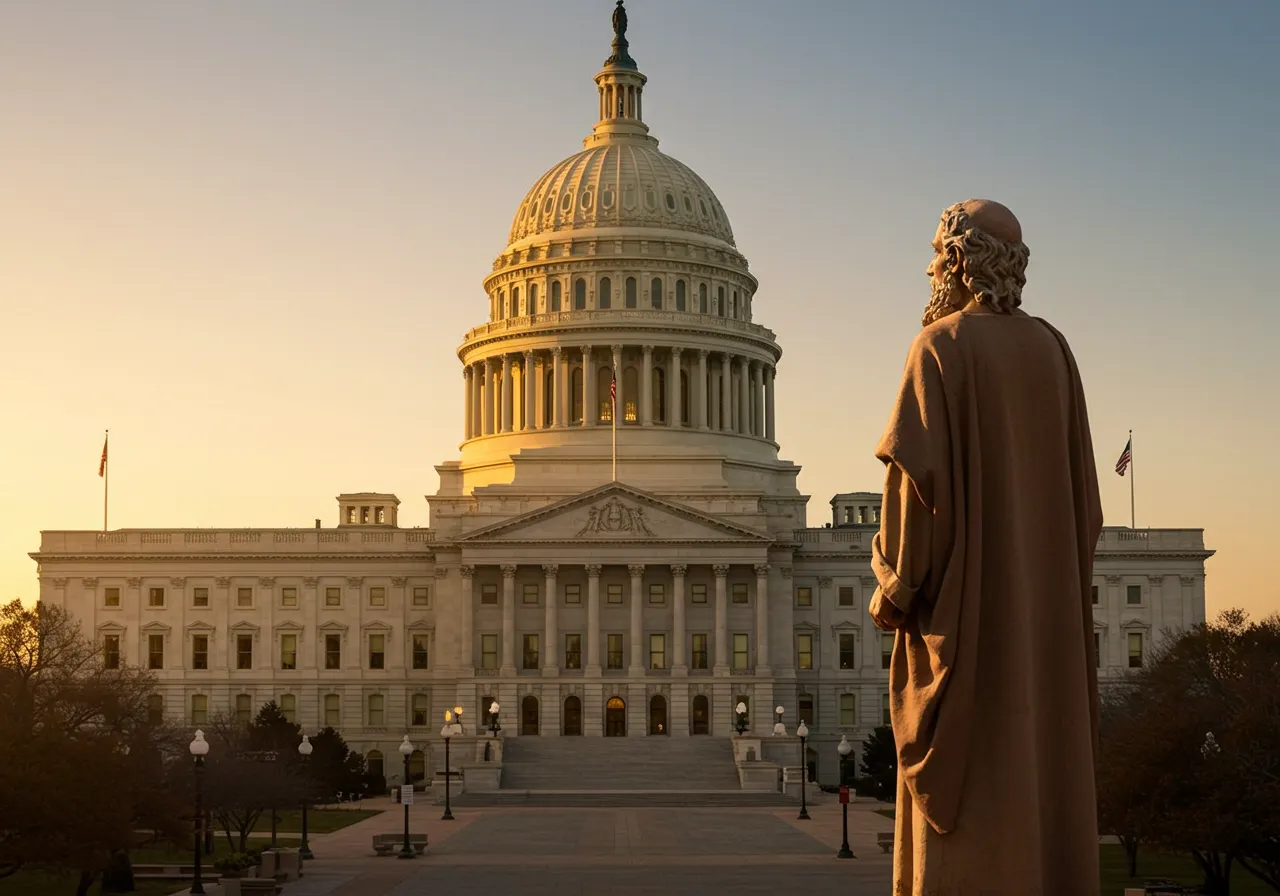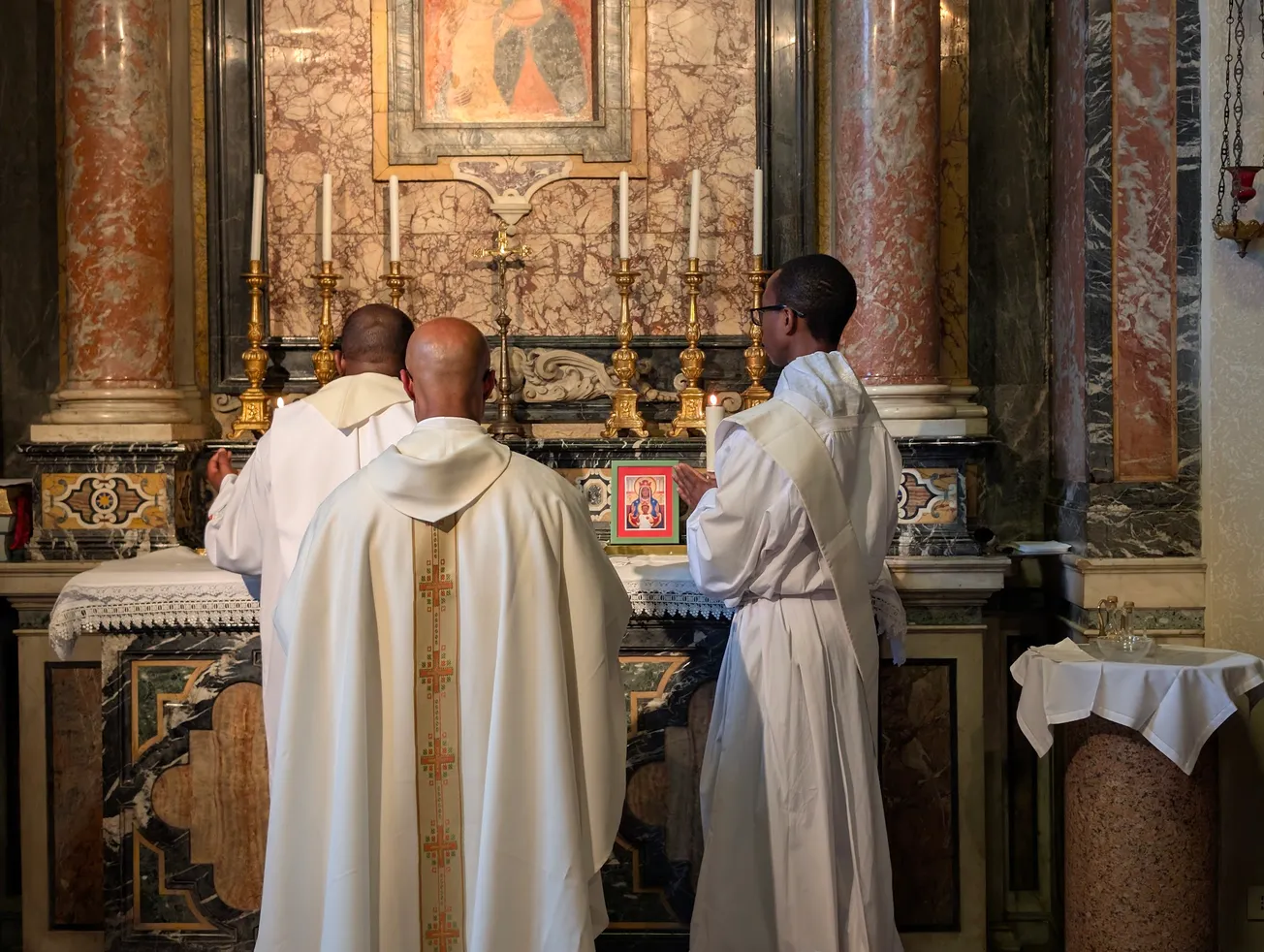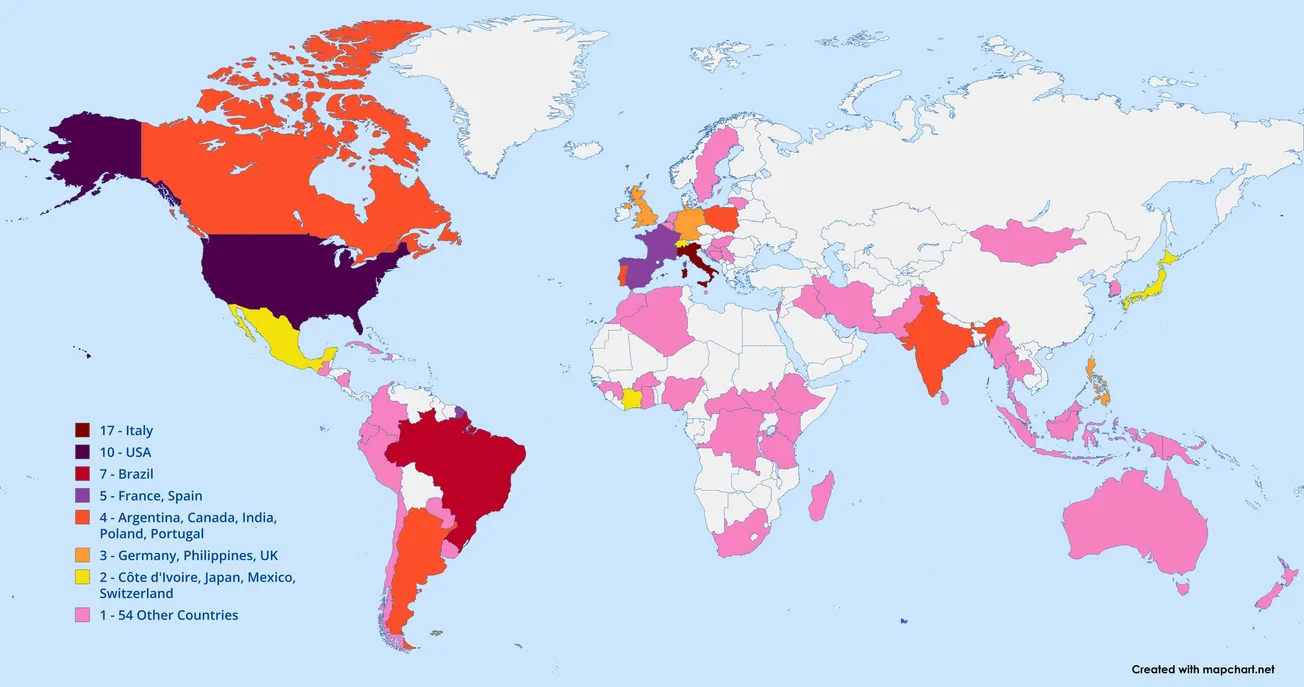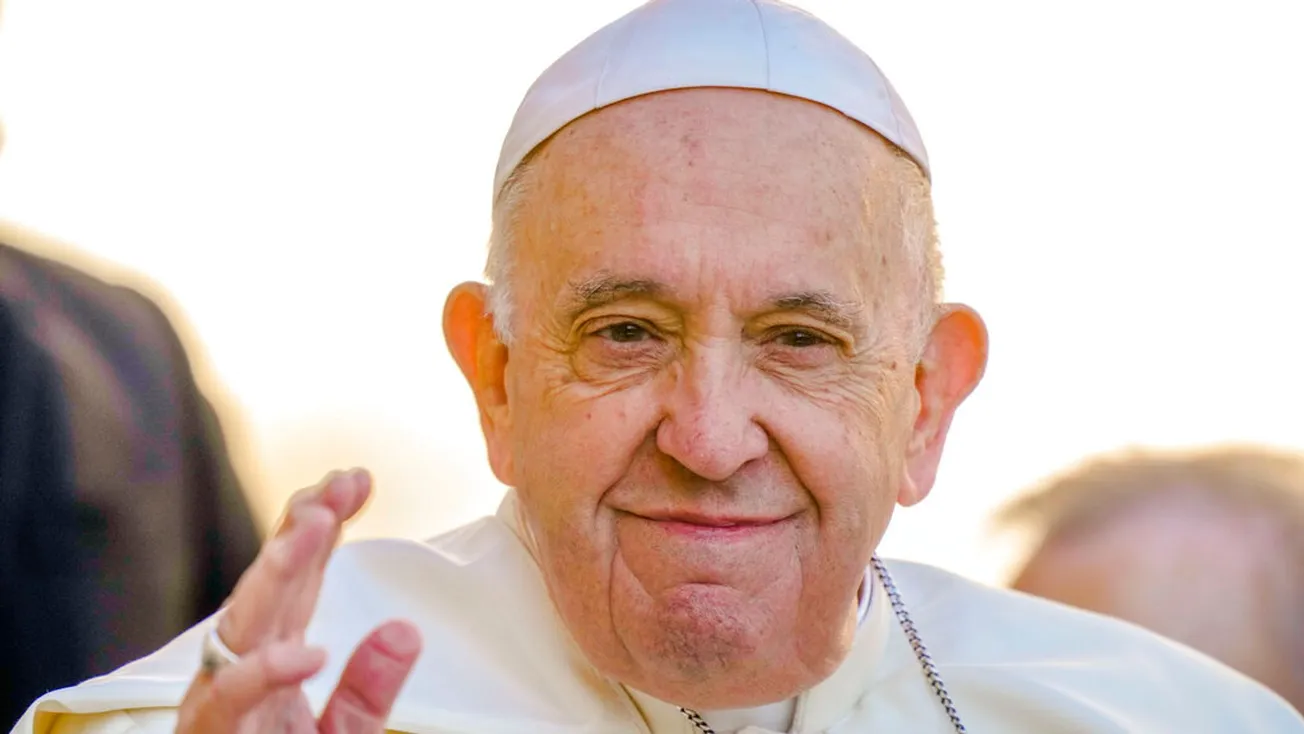For the first time in history, the U.S. Supreme Court has implemented an ethics code for its members, following months of scandal fueled by revelations of apparently improper benefits—mostly concerning Associate Justice Clarence Thomas.
The new Code of Conduct was announced by the high court in a press release on Monday. The 15-page document details the need for a public explanation of the rules governing the justices, amid reports that they have for decades acted largely with impunity.
“The undersigned Justices are promulgating this Code of Conduct to set out succinctly and gather in one place the ethics rules and principles that guide the conduct of the Members of the Court,” the justices wrote.
“This Code of Conduct is substantially derived from the Code of Conduct for U.S. Judges, but adapted to the unique institutional setting of the Supreme Court.”
Code of Conduct for Justices of the Supreme Court of the United States: https://t.co/JAKTeAYEMT
— SCOTUS Updates (@USSupremeCourt) November 13, 2023
This Code is substantially derived from the Code of Conduct for U.S. Judges, and adapted to the unique setting of the Supreme Court — principles long regarded as governing conduct.
The five canons of the document concern activities both within and outside the work of the court, including conflicts of interest, impartiality, and a ban on political activity—including endorsements, speeches, and fundraising.
One of the longer sections is the third canon, which includes the justices’ obligation to recuse themselves from cases in which their impartiality “might reasonably be questioned.”
At issue in media reports this year from ProPublica were accusations that Justice Thomas, one of the court’s longest-tenured members, has received various undisclosed gifts and expensive outings from billionaire real estate mogul Harlan Crow. This, while the judge oversaw various cases crucial to the conservative political cause—with which Crow has been closely affiliated.
The newer gifts from Crow to Thomas were in addition to those reported on in other outlets as early as 2004. All together, they include thousands of dollars worth of memorabilia, several week-long vacations in the Caribbean, private school tuition for Thomas’ family members, and a reported half-million dollar donation in 2009 to a political advocacy group founded by Virginia “Ginny” Thomas, Clarence’s wife and a powerful political figure in her own right.
In 2021, Crow and his wife also financed the construction of a statue in New Jersey honoring a nun who taught Thomas during his Catholic upbringing in Savannah, Georgia.
Some of the gifts were acknowledged by Thomas after the media revelations this year, with the justice claiming that he didn’t know he had to disclose them. For his part, Crow has claimed that he “never sought to influence Justice Thomas on any legal or political issue.”
The justice also sold land to Crow that was occupied by Thomas’ mother Leola Williams, with her remaining on the property even after the sale. Crow claims the purchase was to build a museum in Thomas’ honor, but the newly released code for the justices stipulates that they “refrain from financial and business dealings that exploit the judicial position or involve the Justice in frequent transactions or continuing business relationships with… persons likely to come before the Court.”
To date, Thomas has faced no consequences for his acceptance of Crow’s glitzy hospitality, but the release of the new code appears to be in direct response to media reports concerning his conduct—which the U.S. Senate has said is outside of its jurisdiction.
Even so, the court says the contents of the code are not new but rather have already been in force “for the most part” since an unmentioned date.
“The Court has long had the equivalent of common law ethics rules, that is, a body of rules derived from a variety of sources, including statutory provisions, the code that applies to other members of the federal judiciary, ethics advisory opinions issued by the Judicial Conference Committee on Codes of Conduct, and historic practice,” they said in the new document.
“The absence of a Code, however, has led in recent years to the misunderstanding that the Justices of this Court, unlike all other jurists in this country, regard themselves as unrestricted by any ethics rules.”
Nate Tinner-Williams is co-founder and editor of Black Catholic Messenger.











